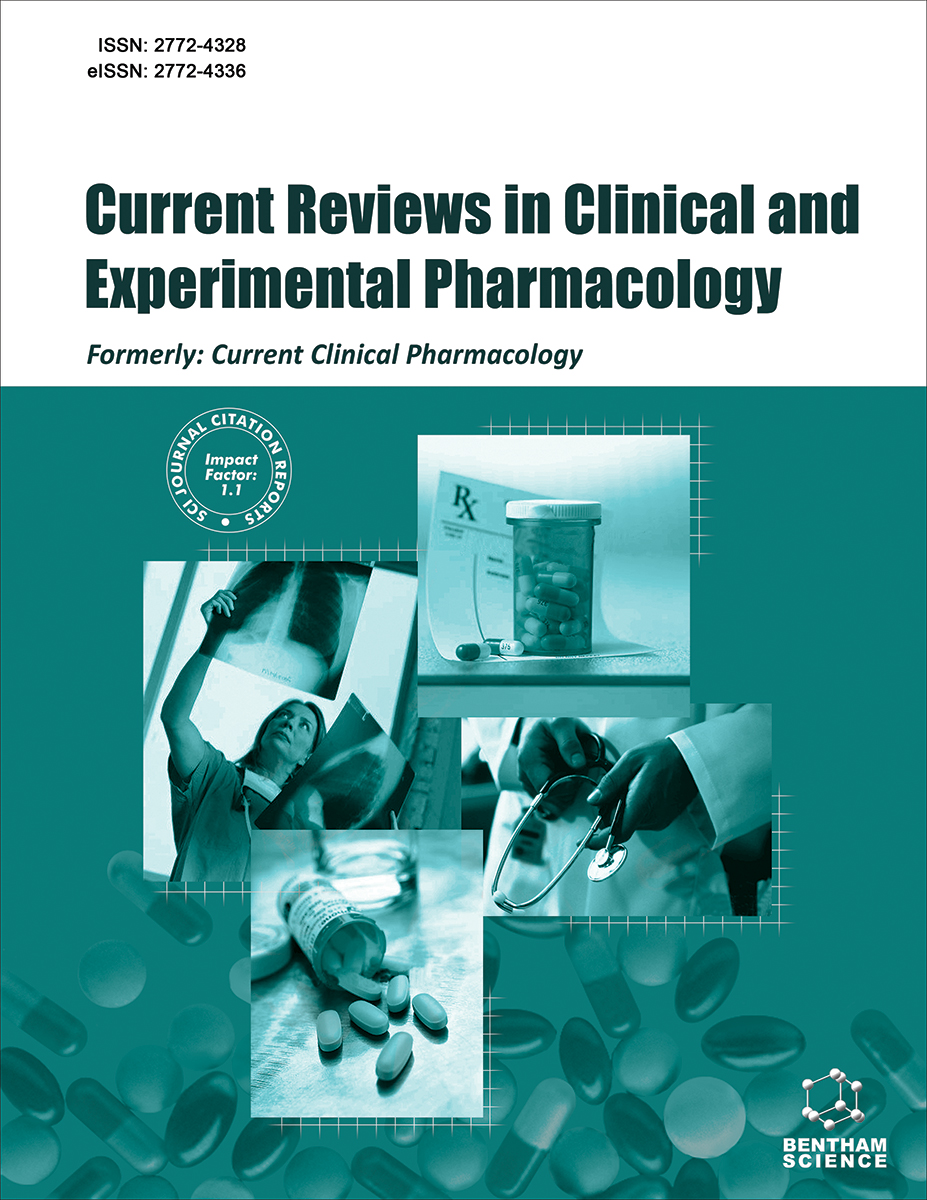
Full text loading...
The two-way communication between intestinal microbiota and the central nervous system (the microbiota-gut-brain axis) is involved in the regulation of brain function, neurodevelopment, and aging. The microbiota-gut-brain axis dysfunction may be a predisposition factor for Parkinson’s disease (PD), Alzheimer’s disease (AD), Autism spectrum disorder (ASD), and other neurological diseases. However, it is not clear whether gut microbiota dysfunction contributes to neuropsychiatric disorders. Changes in the gut microbiota may modulate or modify the effects of environmental factors on neuropsychiatric disorders. Factors that impact neuropsychiatric disorders also influence the gut microbiota, including diet patterns, exercise, stress and functional gastrointestinal disorders. These factors change microbiome composition and function, along with the metabolism and immune responses that cause neuropsychiatric disorders. In this review, we summarized epidemiological and laboratory evidence for the influence of the gut microbiota, metabolism and environmental factors on neuropsychiatric disorders incidence and outcomes. Furthermore, the role of gut microbiota in the two-way interaction between the gut and the brain was also reviewed, including the vagus nerve, microbial metabolism, and immuno-inflammatory responses. We also considered the therapeutic strategies that target gut microbiota in the treatment of neuropsychiatric disorders, including prebiotics, probiotics, Fecal microbiota transplant (FMT), and antibiotics. Based on these data, possible strategies for microbiota-targeted intervention could improve people’s lives and prevent neuropsychiatric disorders in the future.

Article metrics loading...

Full text loading...
References


Data & Media loading...

